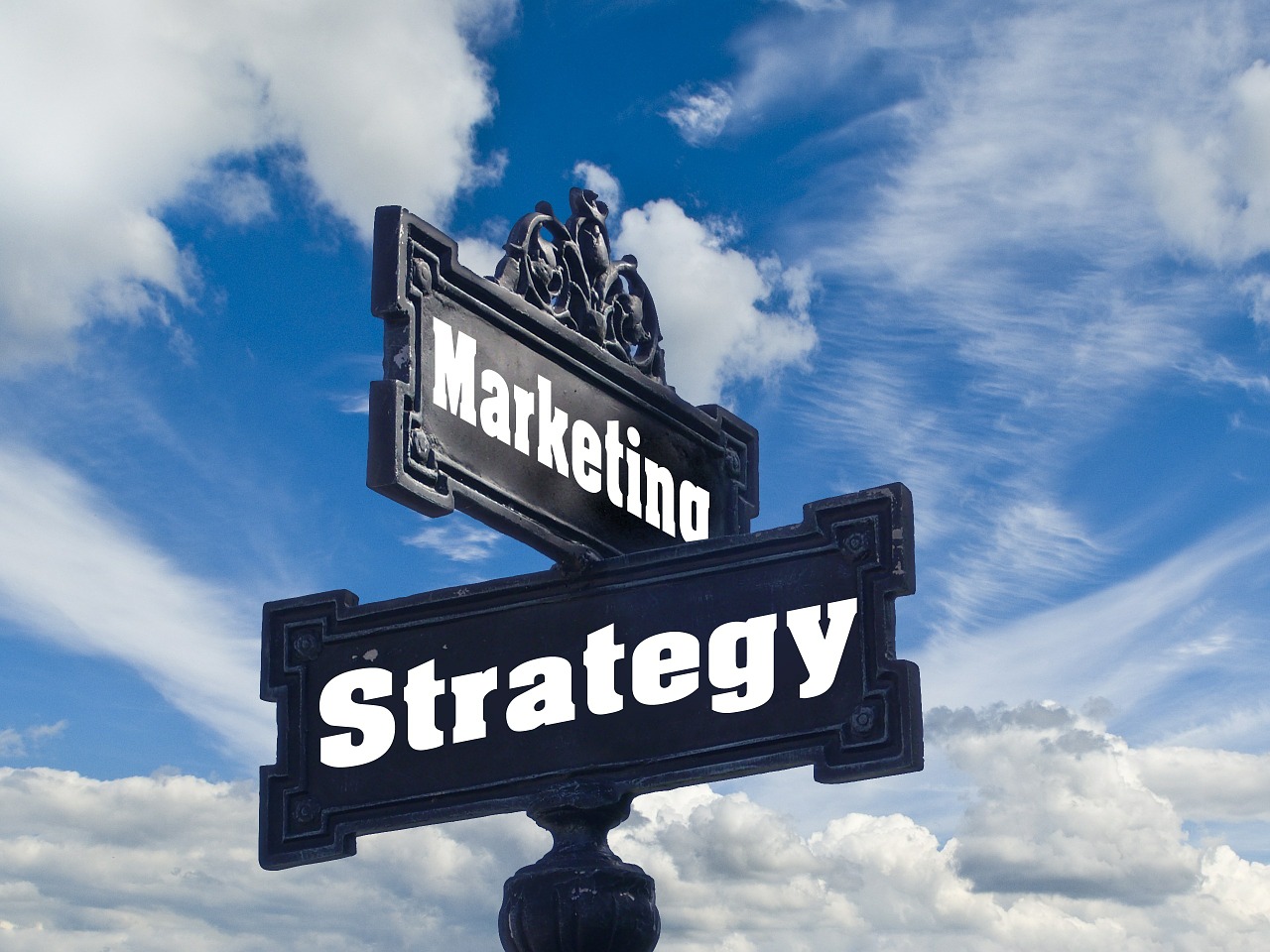4 Toxic Labels Your Brand Must Avoid at All Costs
Even the best companies can get a bad rap. No matter how great your product or service is — and even when your customer support is amazing — some people will still complain and try to ruin your reputation.

There are two responses: Sit back and take these lies on the chin or fight back to defend yourself. The proper strategy can depend upon various factors. First of all, are you just dealing with one angry troll on Facebook? Or are false accusations and misinformation persisting and spreading all over the internet and real world?
In most cases, being proactive is the best route. You just need to make sure you strike the right balance between reframing the narrative in a better light and irrationally lashing out. There is likely no way to make frenzied zealots see the light. Don’t overreact and make yourself look bad. As rapper Jay-Z once said: “A wise man told me don’t argue with fools — because people from a distance can’t tell who is who.” But by calmly correcting the record when appropriate, you will leave the right message behind to be seen by anyone who comes across an angry, misleading review or social media post.
So what do you need to look out for? There are a near-infinite number of toxic labels for your brand to avoid. But the following four are some of the most common — and potentially damaging — that you never want to be associated with.
1. Ripoff / Poor Quality
Customers have never been more value conscious than they are today. While many will gladly pay for high-quality products and services, nobody wants to feel like they got fleeced. Getting a reputation for poor quality — or even a “ripoff” — can be the death knell for future sales and brand sustainability. Avoid this one at all costs by charging a fair price and putting out a high-caliber offering. Give customers something they want and work tirelessly to explain the value you bring through all your brand messaging.
2. Unprofessional
Consumers love to throw the “unprofessional” label at any company that under-delivers on expectations. Sure, if your restaurant constantly serves dishes full of hair by unkempt waiters walking around in dirty T-shirts, that would be unprofessional. But more often than not, this is just a blanket statement that means “I’m upset!” The best way to counteract bogus cries like this is to always operate and show off your professionalism. In physical locations, keep everything clean, presentable, and functioning properly. And, really, those same traits should apply to your digital presence. Make sure all your profiles and platforms look good and don’t behave improperly on social media.
3. Scam / Pyramid Scheme
Along with “ripoff,” one of the most damaging toxic labels is “scam” or “pyramid scheme.” Such accusations not only slam the company’s product or service but imply that it is actively trying to defraud customers. One great example of how to fight against false claims is Amway. In the face of rampant misinformation, the global direct sales leader has always fought back against its critics. But rather than taking an overly aggressive stance against individual antagonists who call Amway a scam, it instead continues to put out facts and ensure anyone who searches can find the truth on its corporate blog, social media channels, and other highly visible platforms.
4. Bad Customer Service
Ask any airline, health insurer, or mobile phone company: Once you get labeled as a bad customer service provider, it is a tough reputation to shake. Today, more than ever, how you treat customers is critical. Do your best to invest in the tools and personnel necessary to meet their needs and remedy any bad experiences if they do occur. In our globally connected, digital economy, people always have other options. Don’t give them any reason to go elsewhere.
Protecting Your Brand
With all toxic labels, there is one more important factor to remember: Don’t engage in the negative behavior that would allow people to associate you with such terms. If your customer service really is terrible, of course people will say that online! You can’t erase the truth.
That said, you shouldn’t have to spend the next decade living down one mistake or suffering the financial fallout of false accusations. In all cases, one great tip is to take your lead from the companies and brands that do it best. Look to them and see how they successfully strike the right tone and deliver the right information to protect their reputation.
There is no reason to let anyone throw mud at your good name. It’s just not right! Stand up for yourself whenever necessary and your brand will be stronger in the long run.
